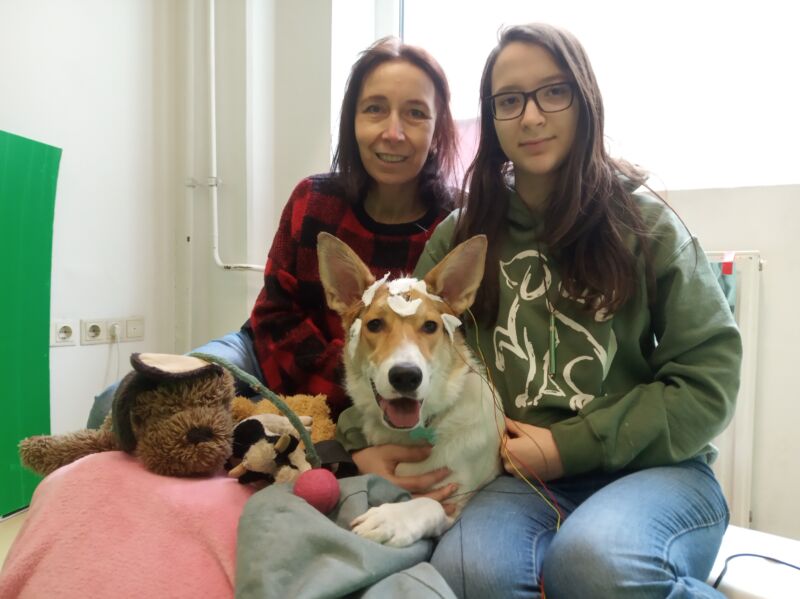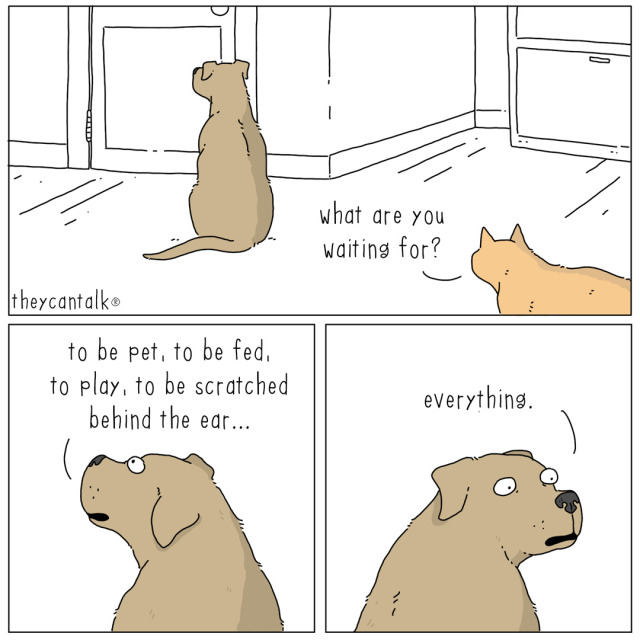Loving us but hating other dogs, Buddy was a delight at home and a nightmare away from it. When his time came, we decided to give him one last outing
My partner, Paul, and I are dog lovers through and through but our office jobs meant it had never been practical, or fair, to have a dog of our own. In lockdown our working situations changed, however, so we visited Oxford Animal Sanctuary and met Buddy, a labrador/border collie cross. He was nine and very reactive to other dogs. Knowing he had spent three years in and out of kennels, we couldn’t bear the thought of leaving him in what must have been an incredibly stressful environment. So on 4 July 2020 we brought him home.
With us, Buddy was docile, gentle and obedient. He never barked or charged around; he was the perfect house dog. A real character, he loved waking us up by grabbing the corner of the duvet in his mouth and ripping it off. He adored playing football and always tried to join in when I attempted Yoga With Adriene or a Joe Wicks workout. But the sanctuary had warned that if he saw another dog he would become agitated and aggressive and want to charge at them. So every time we took him for a walk, Paul would have to go ahead and make sure the coast was clear.
Continue reading...
chevron_right






